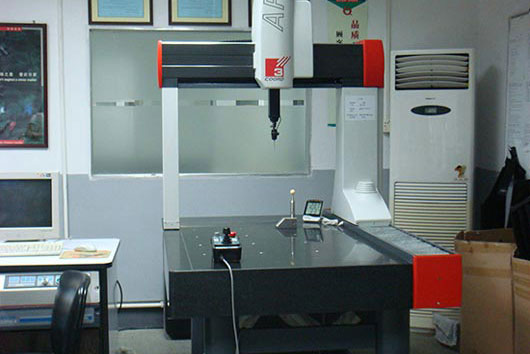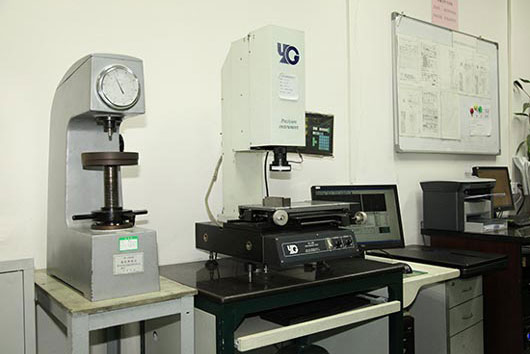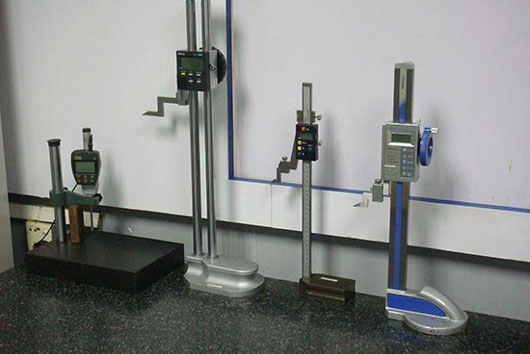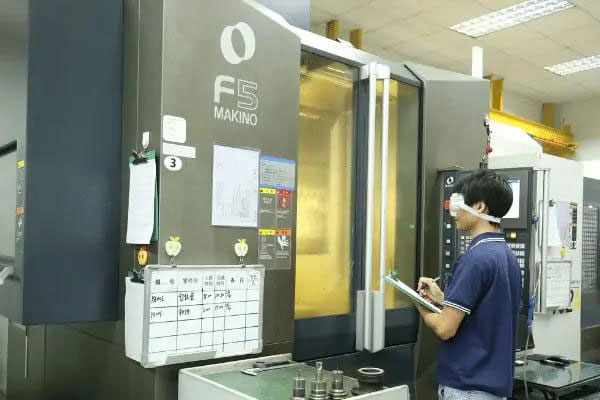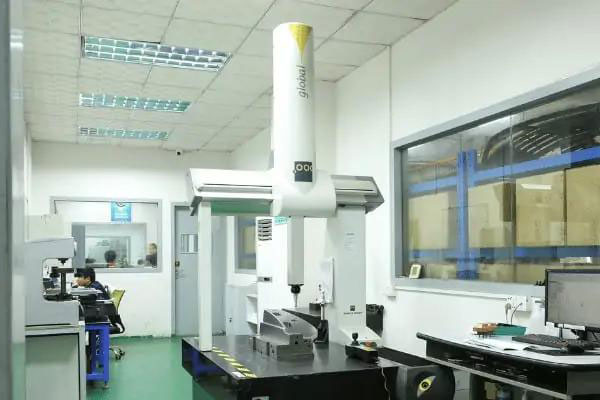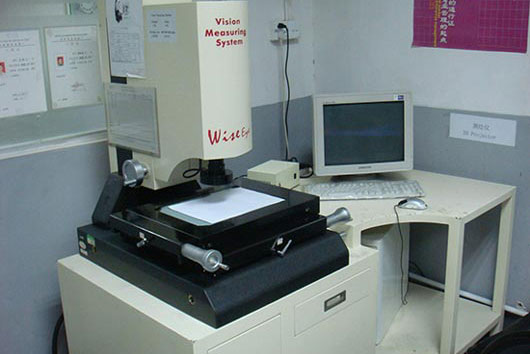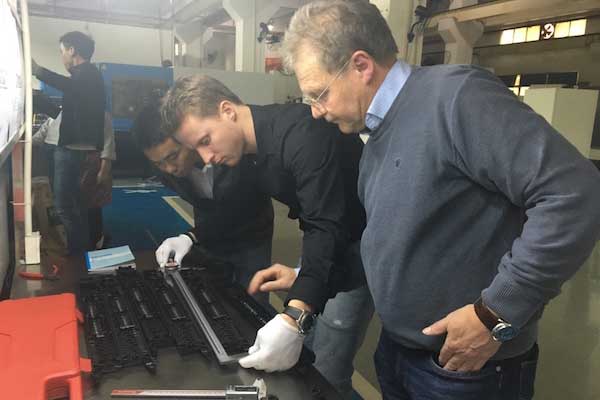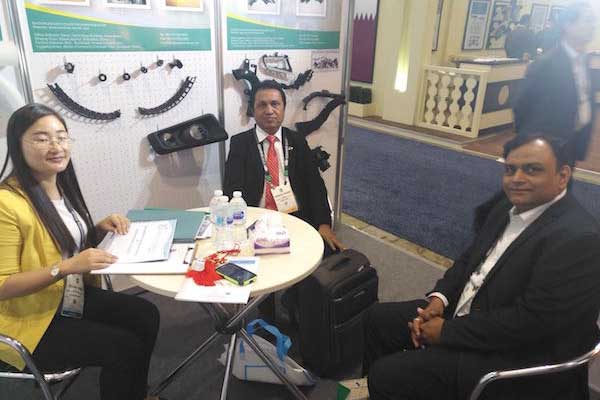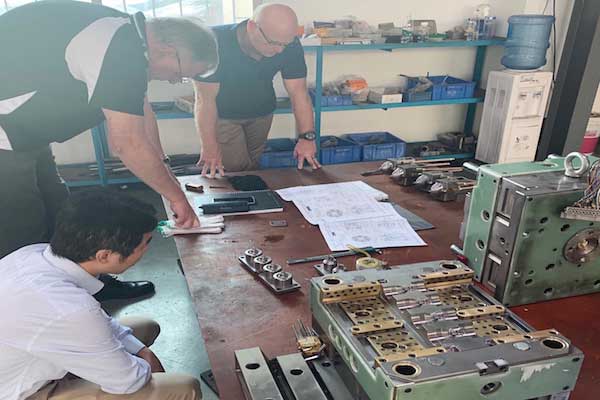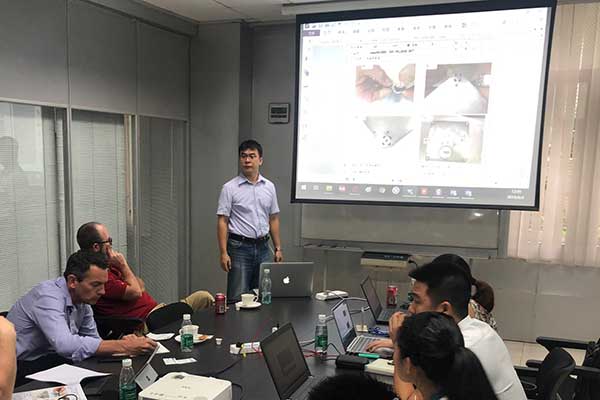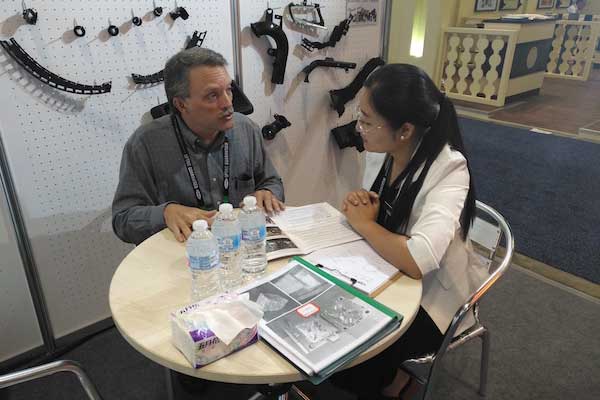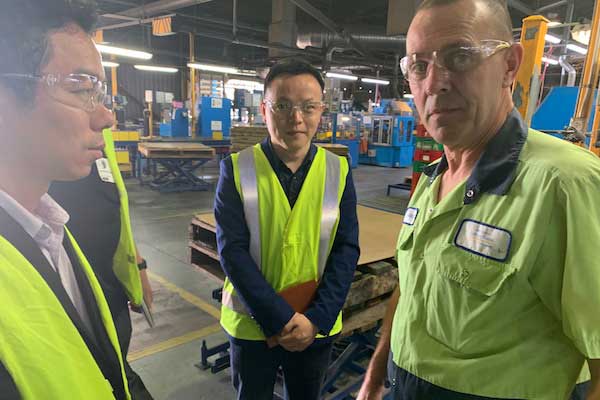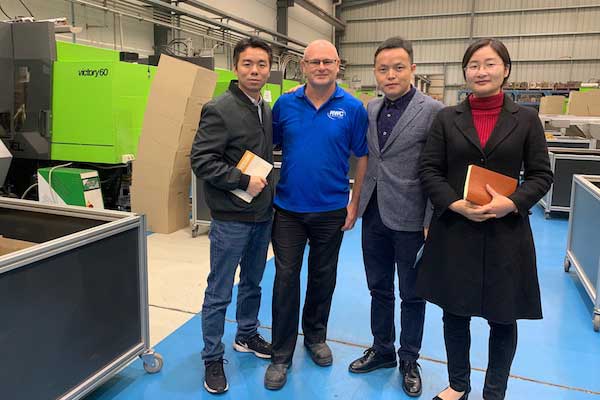Medical Plastic Injection Molding
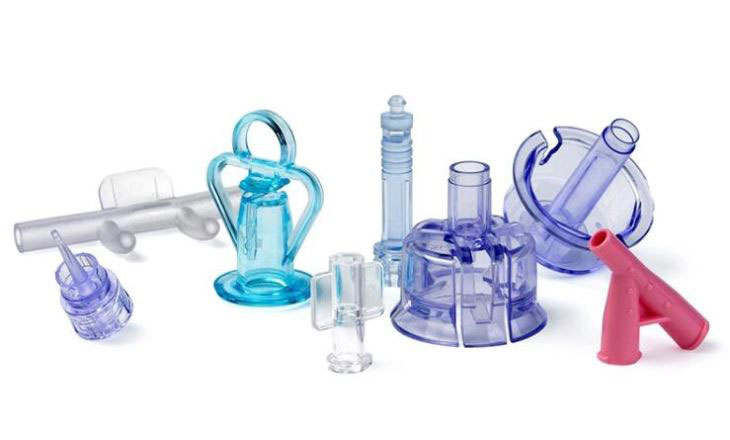
With 20 years of experience, Holly provides high-quality plastic injection molding parts for medical devices. We choose from millions of possible combinations of materials, finishes, tolerances, markings, and certifications (including ISO 13485) for your order.
We also help you understand the complexity of the injection molding process. Our team of skilled engineers understands your end users (prototype, saleable, low to high volume) and help determine the correct manufacturing solution. We can provide you with detailed tool design reviews and guide you through multiple tool trials, including managing design iterations.
Our advantage is to help our customers make complex parts that our competitors can’t normally make.
- ISO 13485 and ISO 9001 registered facilities
- ISO Class 7-8 and cleanroom environments
- Both US-based and overseas tooling and production
- Overmolding, insert molding, assembly, and post-mold heat staking
- Part sizes ranging from micro to 300 square inches
- Expertise with a wide range of materials used in medical molding including PEEK, Ultem®, TPEs, Radel®, PSU, Delrin®, Lexan®, PEBAX®, ABS, and more.
European Quality, Asian Price, Excellent Engineer Team
On-time delivery of quality products rate>99.7% in past 5 years, we can finish the mold and injection molding parts in a few weeks.
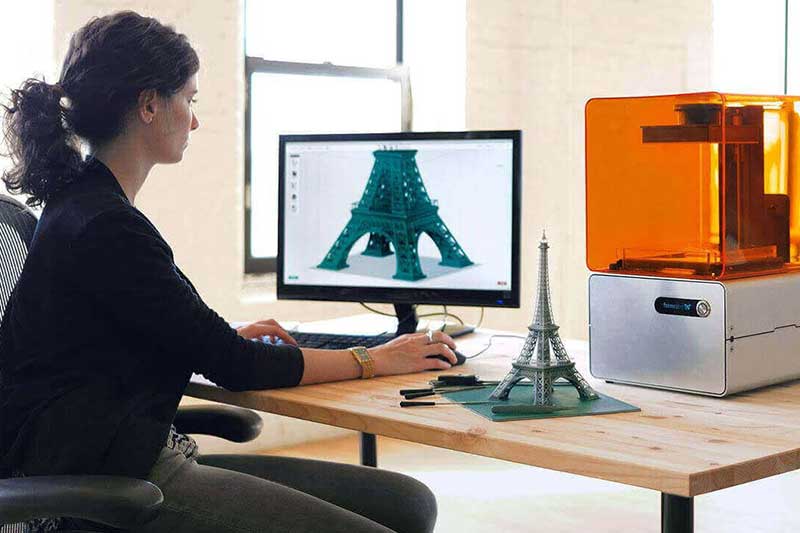
Rapid Prototyping Service
Holly provides different rapid prototyping services to help you create your part with low risk, including 3D printing, CNC machining, and Vacuum Casting. We can get your customized plastic model prototypes and production parts in just 10 working days.
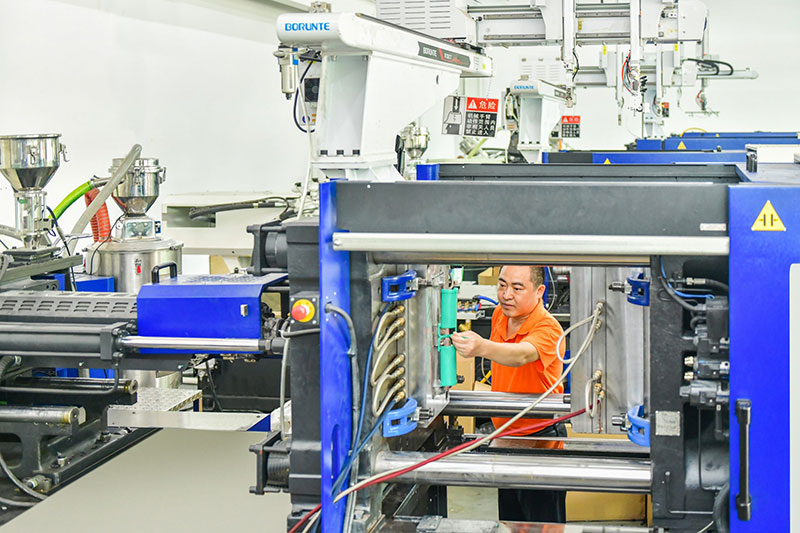
Plastic Injection Molding Service
Holly offers high-quality plastic injection molding services for different industries, including automotive parts, consumer electronics, agriculture tools. As a professional plastic injection molding company, we can finish more than 100 projects every month. We provide expert engineering review and $500 for your first mold.
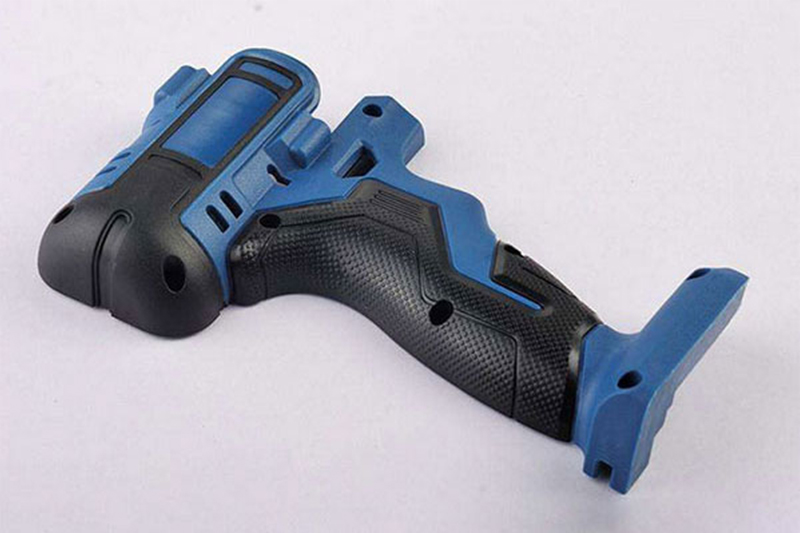
Medical Device Injection Molding Products
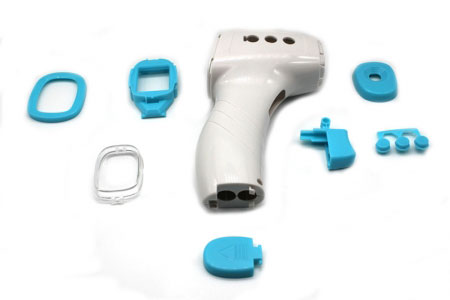
Forehead Thermometer Housing
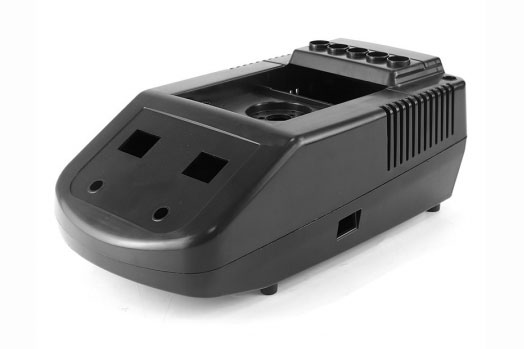
Medical device box
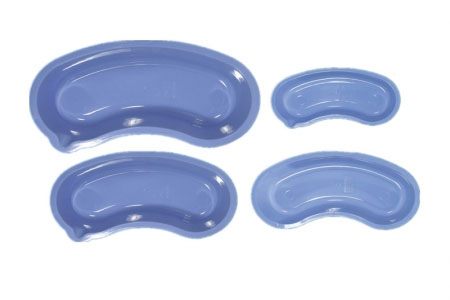
Hospital Disposable Plastic Kidney Emesis Basins Trays
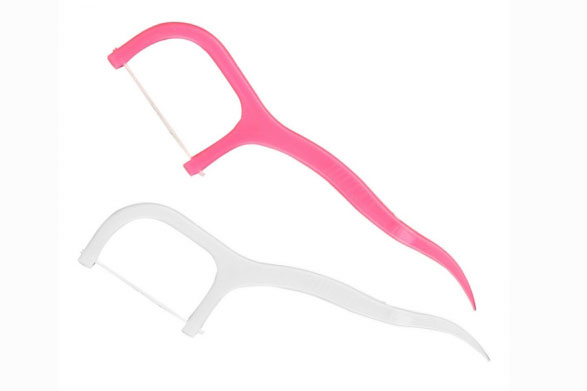
Plastic Tooth Picks Toothpick
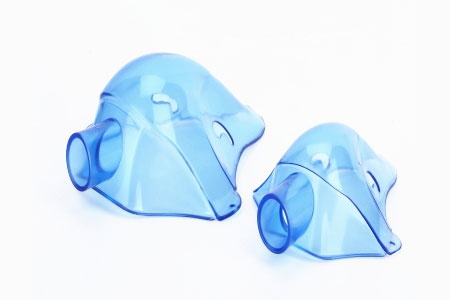
Disposable Oxygen Mask
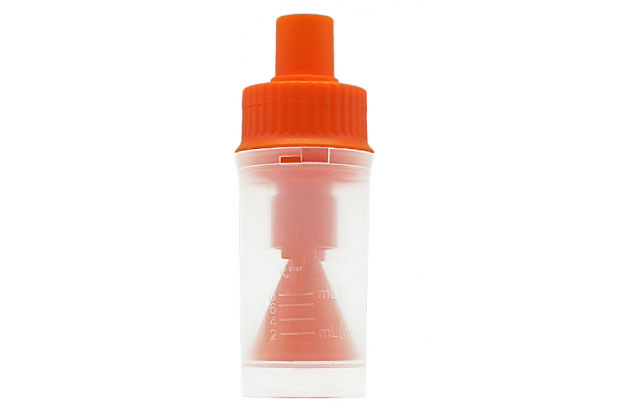
I.V. infusion set injection mold
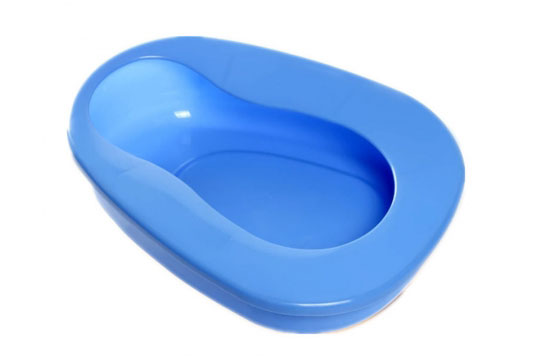
Customized Plastic Hospital Urinal Mould
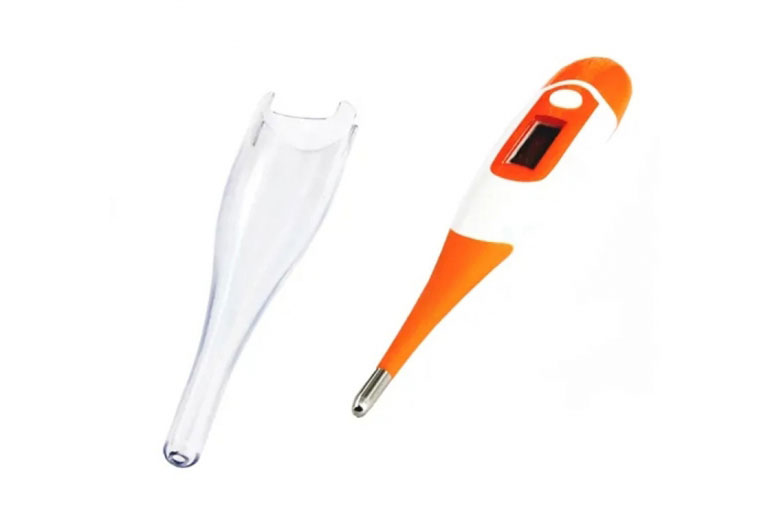
Digital Electronic Thermometer
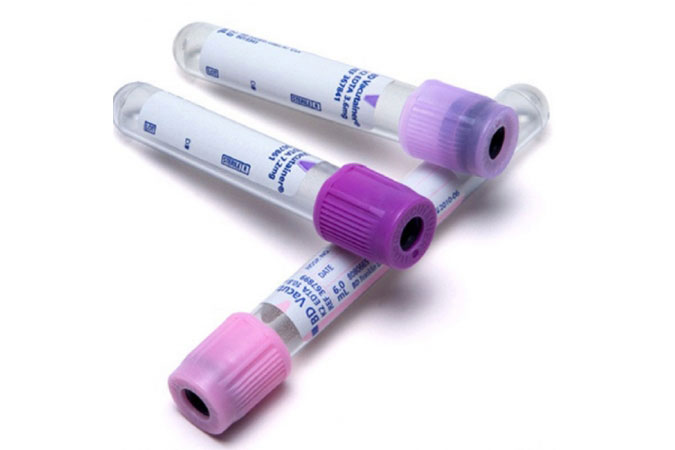
Disposable blood collection device
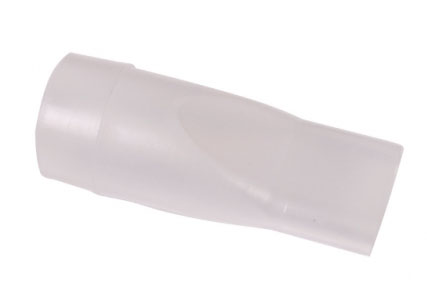
Air Atomising Burner
Medical Plastic Injection Molding Company FAQ


Medical Plastic Injection Molding -Definitive Guide
The use of durable, reliable, and FDA-compliant medical plastic materials to manufacture medical parts and equipment is the essence of medical injection molding. As medical plastic injection molding is low cost, it is suitable for mass production and applications that require consistency and tight tolerances. The FDA-approved medical device prototype development and laboratory testing also use the molding process of medical injection molding.
Nowadays, plastic injection molding has been widely used in the medical industry and provides many advantages for various applications. Medical-grade plastic injection molding has been used in medical devices, laboratories, and facilities equipment, components. The process of injection molding can exactly meet the regulatory requirements of the medical industry.
Benefits of Medical Device Injection Molding
It has been proved that medical plastic injection molding is one of the most effective ways to achieve the quality and specifications they need in a cost-effective manner. Medical device plastic injection molding is used in the following applications:
- Implantable components
- Beakers, test tubes, and other containers
- Housings and casings for medical and laboratory equipment
- Surgical equipment and components
- Drug delivery equipment and components
- Orthopedics
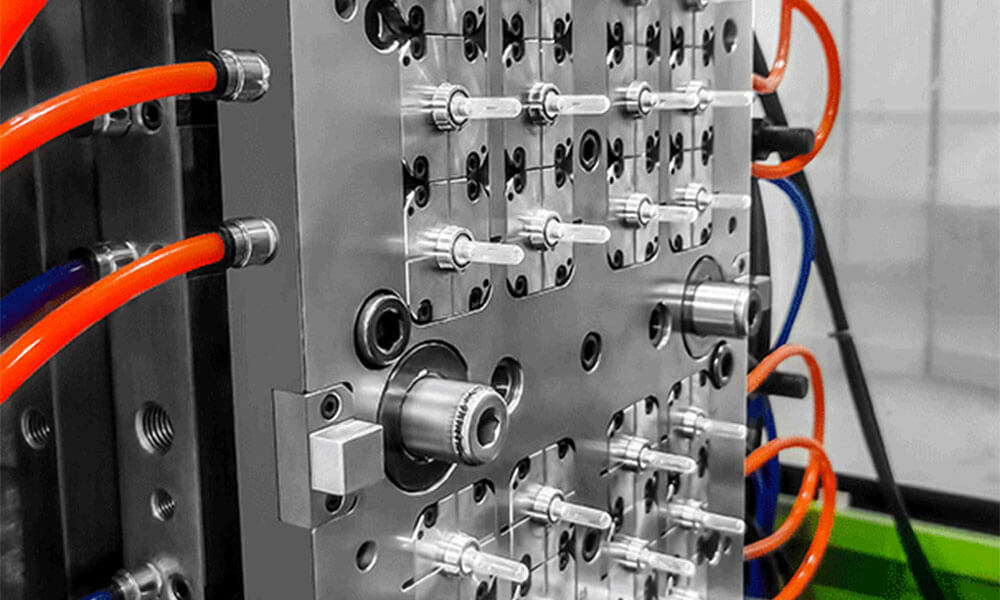
These are just a few methods used in plastic injection molding for medical devices. The plastic injection molding process of medical parts can be applied to almost any field. Durable, sterile-friendly parts require large amounts and special accuracy in production.
During the injection molding process, suppliers and manufacturers in the medical industry have gained several benefits inherent in the process and available materials. These benefits include:
Cost-effectiveness
The characteristics of injection molding make it a more cost-effective manufacturing process, especially in mass production. When there is a large need for medical parts, plastic injection molding is always the first choice and the most cost-effective option.
Excellent precision
For medical device manufacturing, close tolerance production is very important, millimeters or even micrometers can affect the performance of medical components. Skilled plastic injection molding equipment can produce a large number of components and equipment, with extremely high accuracy and negligible differences from one piece to another.
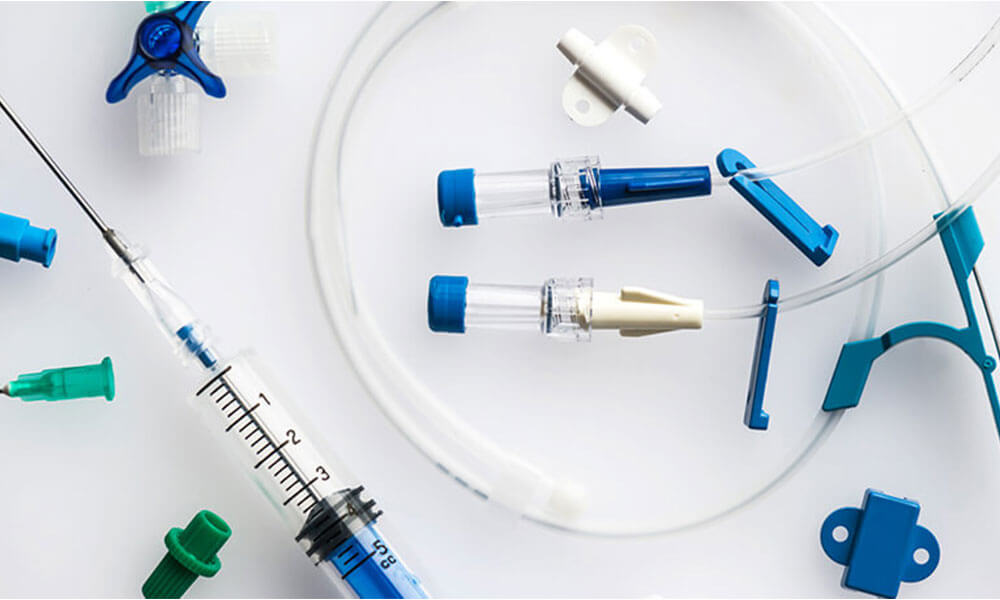
Material selection
Plastic injection molding has the widest selection of materials for any manufacturing process. Although medical-grade requirements will inevitably narrow this range, the number of materials that meet these key specifications is still large. We will discuss the selection of materials later.
Durability
Many injection molded plastics have superior strength and there are very durable. Generally, they can withstand harsh environments without cracking, breaking, or crushing, such as vibrations and blunt forces. Besides, many injection molded plastics are also heat resistant and can be sterilized repeatedly by means such as autoclaves.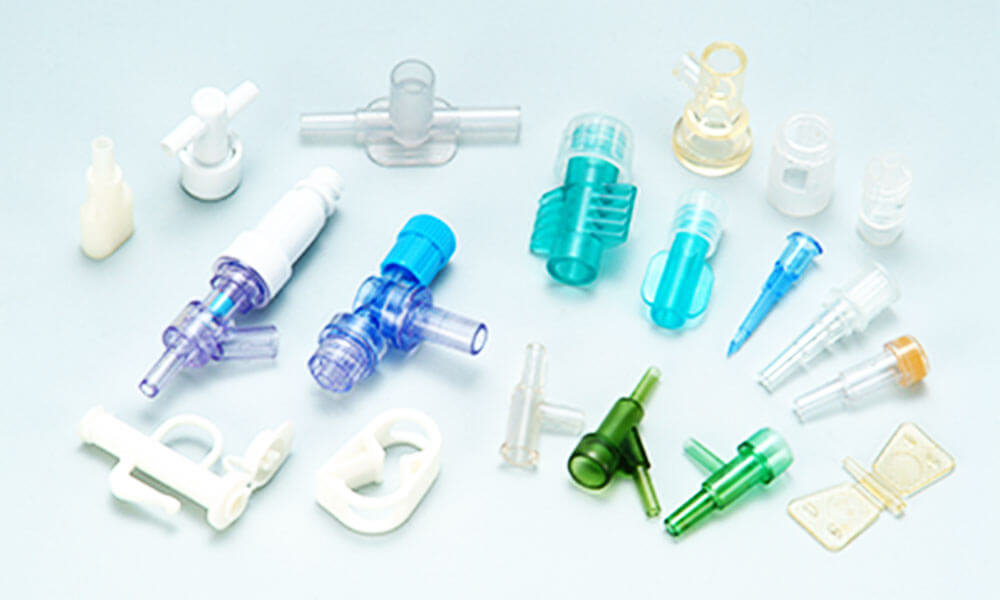
Anti-pollution
Plastic materials used for medical injection molding are designed to fouling resistant and easy to clean and sterilize. Besides, the process of injection molding itself can easily meet the FDA requirement.
Considerations of medical plastic injection molding
Plastic injection molding of medical devices is a critical process, and the risk of failure is very high. Therefore, several factors must be considered in the design, planning, and manufacturing process. These include: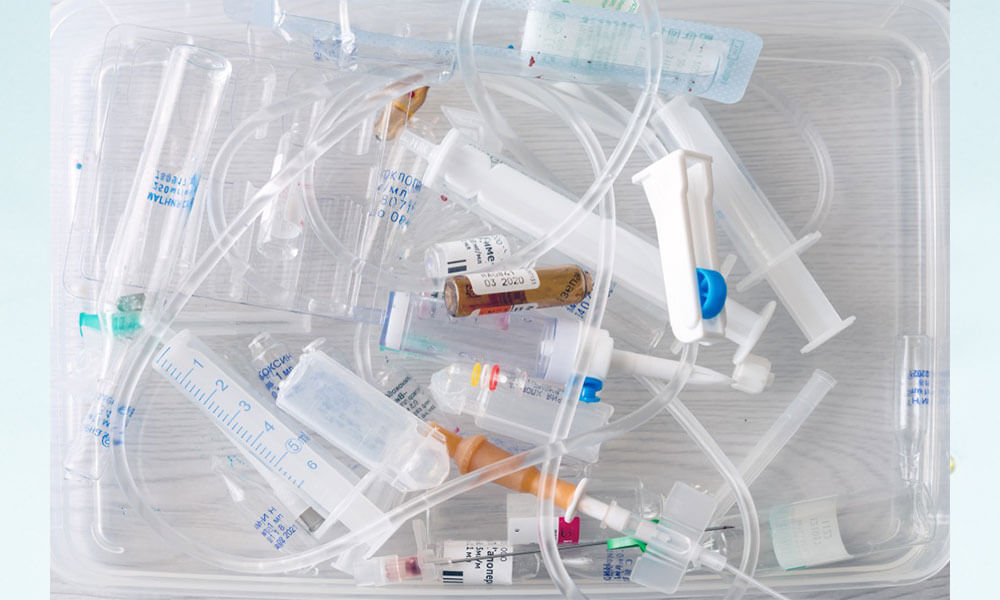
FDA regulations
As mentioned above, FDA regulations on cleanliness and sterility are the main considerations for medical components, whether it is the component itself or in the manufacturing process. Ensure that the materials you choose meet these standards and that your production partners can pass audits or other medical-level approved regulatory requirements.
ISO certification and compliance
ISO regulations govern the processes and outputs of many industries, including the medical industry. Facilities that produce medical components must at least meet the ISO 13485:2003 standard, and further meet the requirements of Type I, II, or III depending on the products produced. Biocompatibility standards, such as ISO 10993, may also be required, in addition to other application or product-specific standards. Ensure that you or your production partner understand the standards related to your application, and ensure that the factory can meet and maintain compliance with the standards through audits.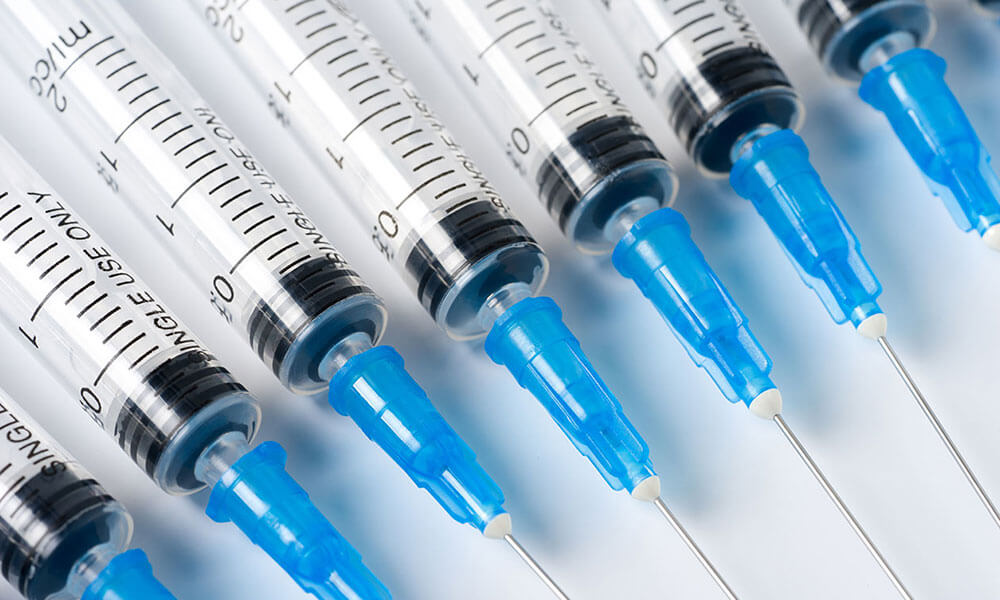
Material properties
When choosing materials for medical components and devices, you must make sure that specific physical properties are suitable for these applications.
Sterilization capability
The ability to sterilize is a minimum requirement for any medical component, whether it is a device shell in a facility or a part of the device that interacts directly with the human body. The materials must be resistant to contamination and capable of being disinfected to prevent harm to those who interact with them.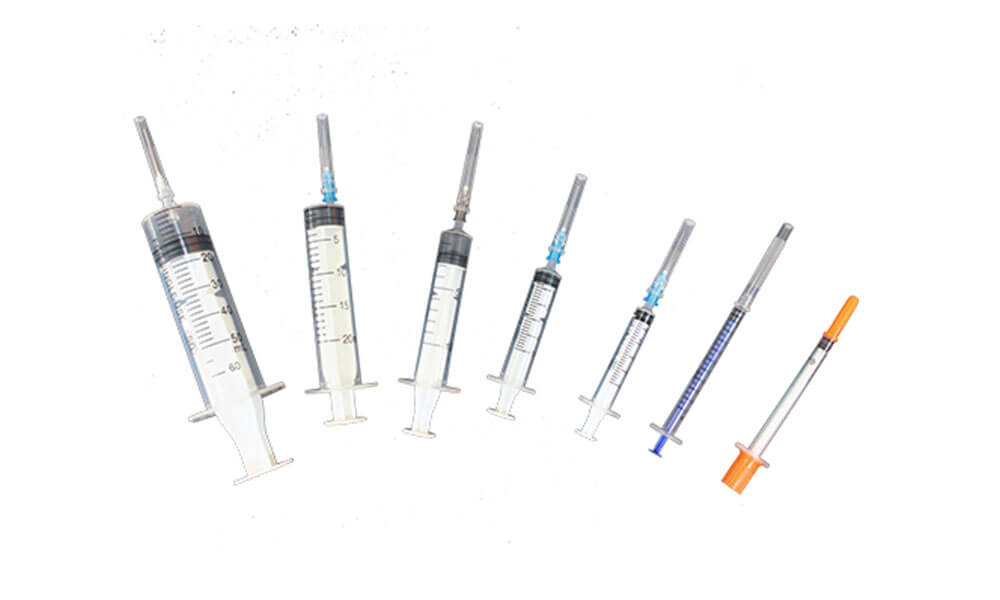
Adaptability to extreme environments
biological implants must be able to handle the harsh environment of the human body, including reliable operation and durability when exposed to high temperature, liquid, corrosive, vibration, and other sports. Fortunately, many plastics used for injection molding meet these requirements.
Durability
Obviously, it is not practical to use fragile materials in the medical or healthcare industry. They are dangerous and inconvenient. Make sure that the material you choose has the necessary crushing and crushing resistance in the medical field.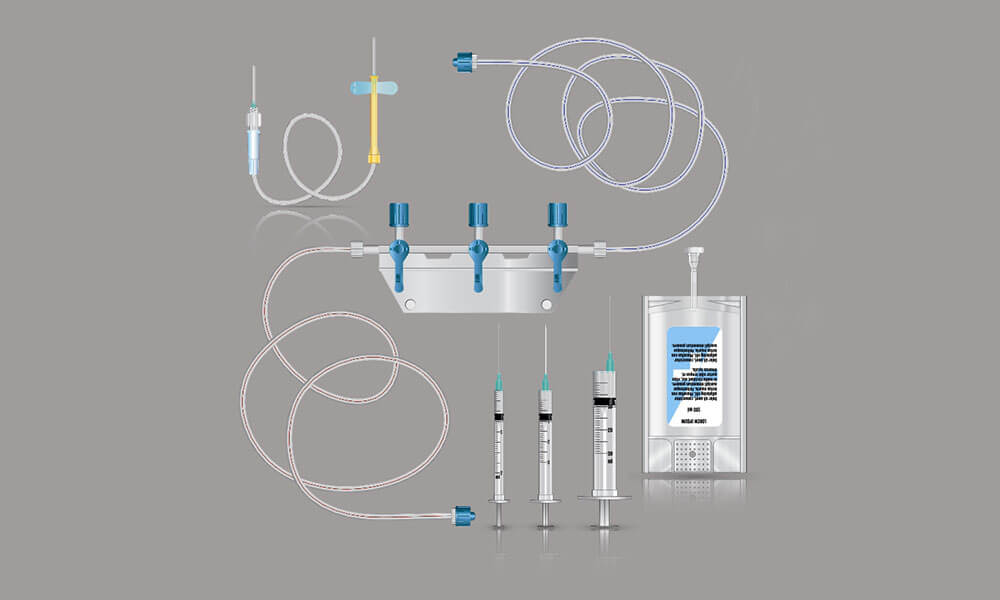
Material Selection for Medical Device Injection Molding
In general, plastics are superior to other materials and processes in terms of design flexibility, overall cost-effectiveness, and production speed. Here are some materials you need to consider for your projects:
Silicone
For parts that require flexibility, silicone is usually the material of choice. It provides extraordinary durability and biocompatibility and is very cost-effective in high-volume operation.
Polycarbonate
Polycarbonate has high impact and vibration resistance, it is one of the strongest materials at present. As Polycarbonate can be made almost completely transparent, its visibility makes it become an ideal component for medical injection molding. It is also very resistant to high temperatures and ultraviolet rays.
Polyethylene
High molecular weight polyethylene is very suitable for the surface of prostheses and wearable devices due to its appearance, durability and relative smoothness. It is strong and cost-effective, but it cannot be autoclaved.
Polypropylene
due to its high heat resistance, this material is an ideal material for components that must be repeatedly sterilized through an autoclave. It also exhibits special resistance to radiation.
With these tips at hand, you can know which materials and processes are most suitable for your medical device or component manufacturing.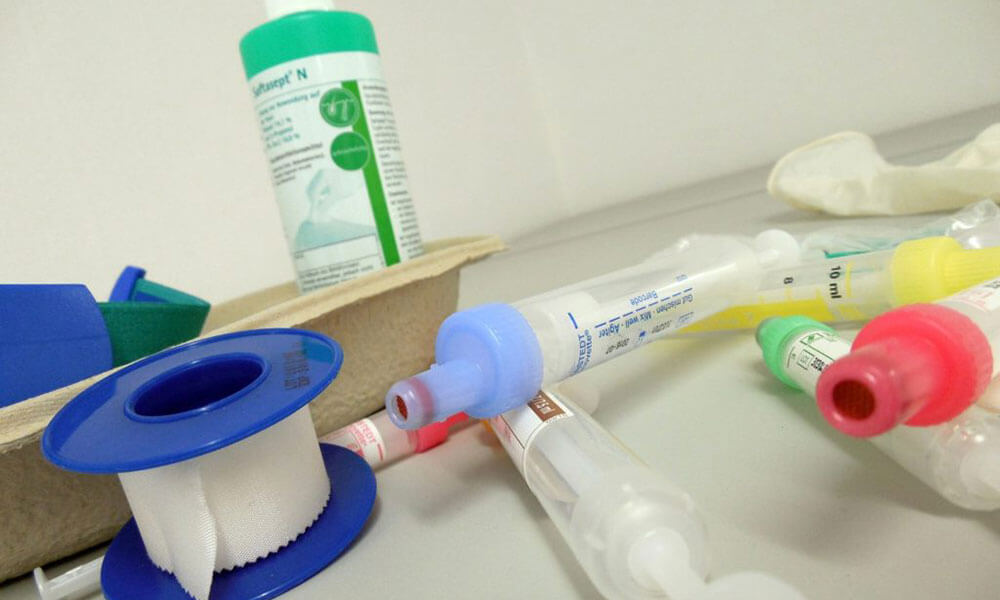
Applications of Medical Plastic Injection Molding
With Holly’s medical injection molding service, you can produce delivery equipment, including implants, stents, and sutures. We also provide assembly services for the sub-components of larger and more complex medical equipment. In addition to medical injection molding, we also produce plastic molds that can accommodate other non-plastic parts or mechanisms.
Our medical insert mold process can create shells for medical devices, including:
- Medical Enclosures
- Medical Knobs
- Needles
- Surgical instruments and blades
- Tubes
- Dental instruments
- Medical equipment components
- Prosthetics
At Holly, we use the most advanced vertical medical injection molding workstations dedicated to the process of manufacturing parts, components, and products for the medical industry. We have also established strong relationships with several trustworthy suppliers. Due to our experience in the industry, they provide us with top metal parts for medical device injection molding projects.
Catheter Molding Capabilities
Our catheter molding capabilities include insert molding, micro-molding, and over-molding processes, as well as special biocompatible resins. We can produce catheter heads, Luer fittings, joints, markers, manifolds, and more through precise catheter molding, including ceramic or metal components and components, as required.
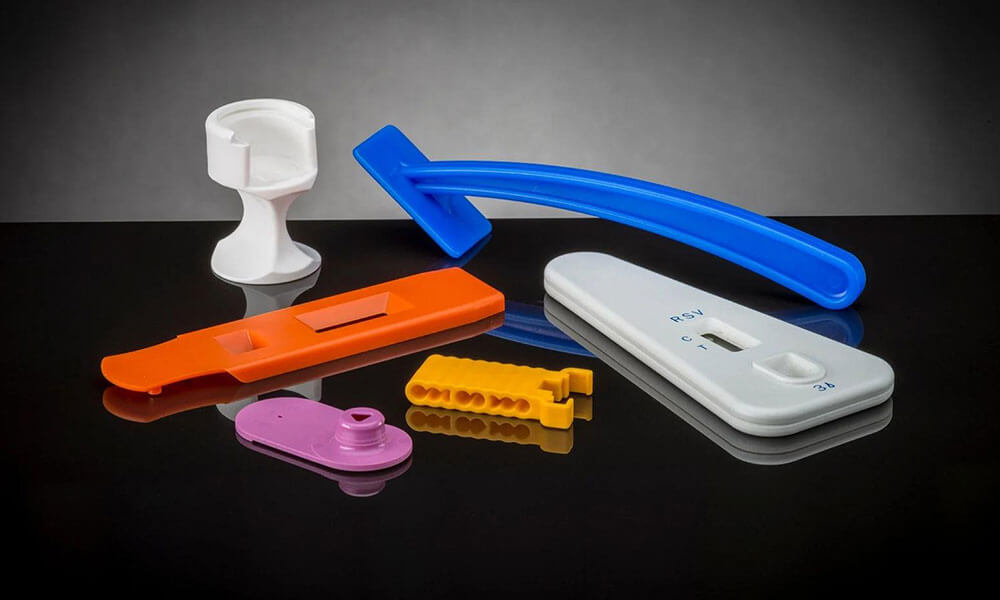
Medical Device Injection Molding Prototype
Medical device prototype development requires the creation of complete functional components for testing in the FDA approval process. The most advanced methods and best medical grade plastic materials are used in Holly for our medical device rapid prototype services.
We know very well how strict regulations requirements are in the medical and healthcare industries, and holly will take all steps to ensure that your prototype meets the CLASSIFICATION of a Class I, II or II medical device required by the FDA for your application.
Medical Molding Using Medical Grade Plastic Resins
Holly uses a variety of unique medical plastic injection materials to provide ideal medical plastics for your project. We also use various engineering resins for medical injection molding. These resins have excellent mechanical properties, including high tensile strength to prevent breakage, and high-temperature load ratings to avoid deformation due to heat exposure during sterilization.
ISO-certified medical plastic injection molding equipment
Holly engineer team has extensive experience in specialty medical plastics and engineering resins, we can 100% guarantee that your medical injection parts will meet your requirements. We have passed ISO 13485:2016 certification, comprehensive quality assurance management in the manufacturing of medical devices.
As we know, some plastic parts may not suit medical injection molding, you need help to find the right injection molding process for your projects. If you don’t know the medical molding process and material is best for your application, you can contact us and sent your design requirement, our engineer will help you.
Our goal is to provide medical styling and medical device prototype development solutions within your budget while delivering products that meet your application design requirements. Besides, we know well the importance of biocompatible medical-grade plastic materials and will 100% obey the requirements of medical molding regulations.
Holly provides several secondary services to finish your medical injection molding project or medical device prototype, including:
- Use pneumatic or manual methods to connect molded parts
- Ultrasonic bonding, to establish a durable bond between two or more components
- Pad printing to add logos, instructions, and other designs on the surface of your mold parts
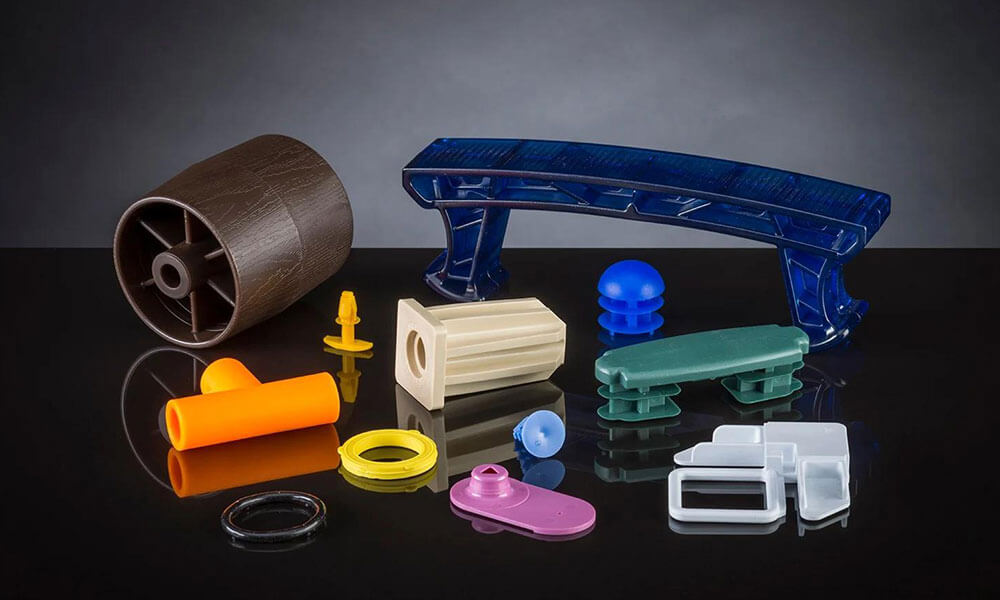
Conclusion
The use of plastics injection molding services in modern medicine is steadily increasing. By using plastic injection molding service to make medical plastics, it greatly reduces medical costs, infectious diseases, and pain management. The use of High-tech polymers in prototypes of medical devices, often in the manufacture of improved prostheses and devices that reduce the risk of infection. Medical plastic injection molding directly improves the safety of patients and the ability to save more lives.

